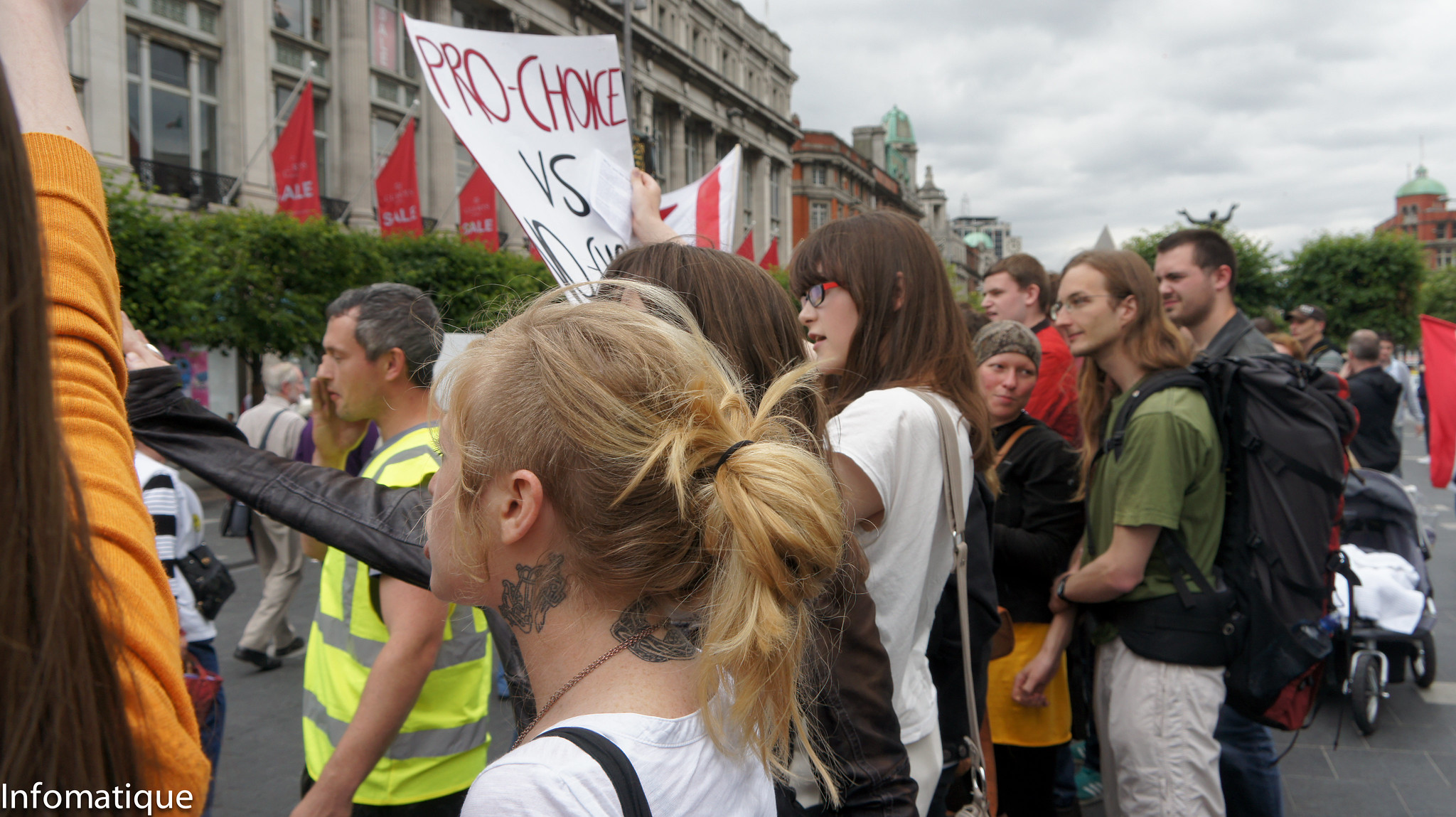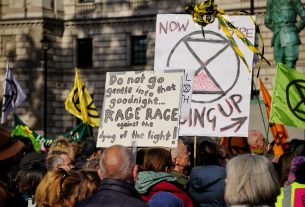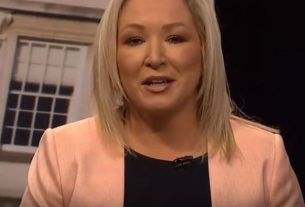On Monday, campaigners for same-sex marriage and the abortion law change reaped the rewards of decades of campaigning. Despite attempts by the DUP to block its passing, the much-anticipated, abortion and same sex marriage law change took effect. From January onward, gay couples can enjoy the same rights and privileges as straight couples. However, GPs have urged politicians to clarify the rules governing the new abortion law.
UK parliament intervention pushes through change
Up until now, Northern Ireland had a Victorian-era ban on abortion and same-sex marriage. The UK government considered this a matter for the Stormont assembly, however, its failure to sit, lead two Labour MPs to table amendments to both laws in July 2019. The House of Commons overwhelmingly supported these legislative changes. Only a restoration of the Stormont Assembly could have averted the decriminalisation of abortion and the legalisation of same-sex marriage.
Same sex marriage law change
Since the decisive same-sex marriage referendum-result in the Republic of Ireland in 2015, campaigners north of the border demanded the introduction of the same rights. From 13 January 2020, same-sex marriage will be legally recognised, with the first gay weddings to take place in February. Many consider this law change long overdue. Between 2012 and 2015, the Northern Ireland Assembly voted on this issue five times. On the last occasion, the Assembly voted to pass legislation, but the DUP vetoed its introduction.
The party’s conservative views on gay marriage and abortion are well-known. Consequently, it didn’t come as a surprise when the DUP attempted to block the legalisation of same-sex marriage and the decriminalisation of abortion on Monday. To thwart this process, the party sought to delay proceedings by demanding that the Assembly elect a new speaker of the house first. However, both Sinn Fein and the SDLP blocked the vote to make way for the changes to the relevant laws.
Abortion now decriminalised by rules remain unclear
Although abortion has now been decriminalised in what many consider a victory for grassroots activism, GPs have warned that health professionals require clear guidelines. The rules governing the new legislation remain unclear with a consultation process due to begin shortly.
From now on, women who seek an abortion or health care professionals assisting in abortion no longer face prosecution. The online supply of abortion pills is still illegal without a prescription. But women can seek medical help after taking them without fear of prosecution.
The consultation process is set to conclude in March of next year. Until then, Northern Irish women can access abortion services in the UK free of charge and medical professionals can help access them. Only emergency abortions will be carried out in Northern Ireland between now and the end of March 2020.
Church leaders deplore abortion law change
According to the Irish Times, the leaders of the main Churches have criticised the change in legislation. In the absence of guidelines, Northern Ireland’s abortion legislation is among the most liberal in the world. According to Catholic bishops of Northern Ireland, ‘all explicit protection for the unborn child up to 28 weeks of pregnancy’ has been removed. In the same statement, the bishops expressed concerned that a marriage between two members of the same sex is now on par with a marriage between a heterosexual couple.




